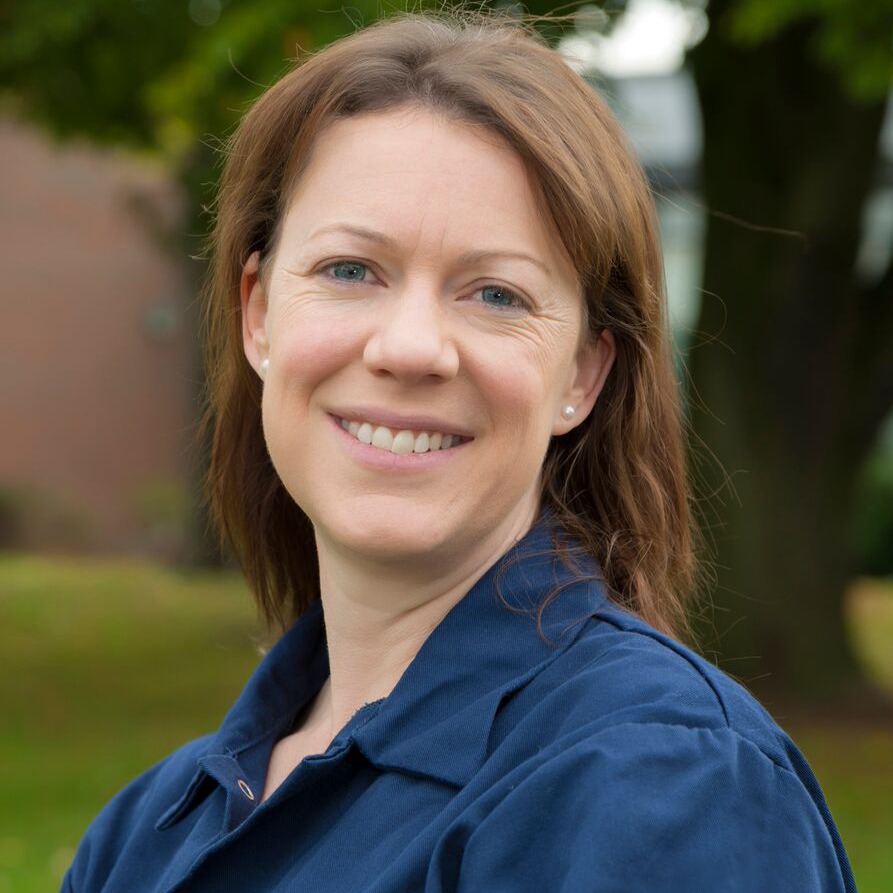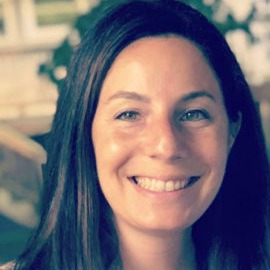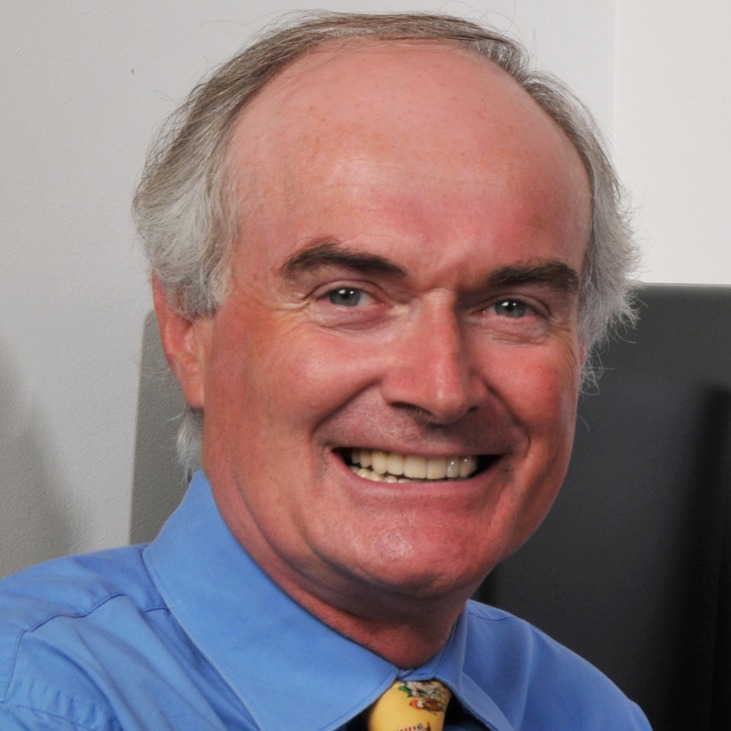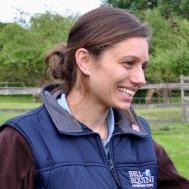Chronic Colic – more than Psyllium, Steroids or Surgery?
Species
Equine
Contact Hours
3 Hours
Early Booking Deadline
Sun, 18 June, 2023
Registration Deadline
Fri, 07 July, 2023
Language
English
Discipline
Diagnostic Imaging
Emergency & Critical Care
Internal Medicine – Endocrinology, Haematology, Infectious Diseases, Parasitology & Oncology
Pathology - Clinical & Gross
Surgery
Industry Partners
Global

Veterinary Partners
Global


Recorded on: 1st August 2023
Panelists:
Nimet Browne DVM, MPH, DACVIM – Hagyard Equine Medical Institute, USA
David Freeman MVB, PhD, DACVS, MRCVS – University of Florida, USA
Ceri Sherlock BVetMed (Hons), MS, MVetMed, DACVS-LA, DECVDI-LA, DECVS, MRVCS – Bell Equine Veterinary Clinic, UK
Moderator:
Debbie Archer BVMS, PhD, CertES(Soft Tissue), DECVS, MRCVS, FHEA, Professor – University of Liverpool, UK
PANEL DISCUSSION DESCRIPTION
This exchange will discuss the approach to the horse with chronic colic – to include horses with persistent, low-grade signs of colic and those with recurrent colic episodes associated with gastrointestinal or non-gastrointestinal pathology (true and false colic cases).
An international panel of renowned equine colic surgeons and internists will discuss some of the differences that clinicians working in different geographic regions encounter, most frequently regarding the different underlying types of chronic colic, some of the factors that alter the risk and ways in which these forms of colic may be prevented or treated.
The diagnostic approach to these challenging cases will be discussed with many useful practical tips from the panel, including performing ultrasonographic imaging of the abdomen and other helpful diagnostic tools. Finally, management of these cases will be debated, ranging from decision-making on when to consider surgery, when to choose conventional laparotomy or laparoscopy, dietary modifications including use of psyllium and probiotics and approaches to take when diagnostic tests fail to come up with an answer...
Attendees will have plenty of opportunity to ask questions and share their own experience with the group.
Panel Discussion Registration Process: Once you have registered and upon payment, you will receive the link to access the on-demand recording for a period of 8 weeks. If you wish to receive a Certificate of Attendance after having viewed the webinar, please get in touch with us and we will send it to you electronically.
Debbie graduated from the University of Glasgow in 1996 and worked as a veterinary surgeon in mixed and equine practice in the UK for 4 years prior to completing an equine surgical residency at the University of Liverpool in 2003. Debbie gained the RCVS Certificate in Equine Surgery (soft tissue) in 2003 and the ECVS Diploma in Equine Surgery in 2004. She then completed a PhD between 2003-2006 investigating the Epidemiology of Colic at the University of Liverpool. Debbie was appointed as Senior Lecturer in Equine Soft Tissue Surgery at the University of Liverpool in 2006 and was subsequently was appointed as Professor of Equine Surgery and Head of Equine Surgery at Liverpool in 2013. She divides her time between equine clinical work and teaching at the University’s Equine Hospital and research within the Department of Epidemiology and Population Health, Institute of Infection and Global Heath.
Debbie is a European and Royal College of Veterinary Surgeons Specialist in Equine Surgery and was awarded a Fellowship of the Royal College of Veterinary Surgeons in 2017. Her clinical interests include all aspects of equine emergency care, surgery of the abdomen, head, neck, urogenital tract and skin, laser and laparoscopic surgery and imaging of the head. She has a particular interest in colic surgery and is the lead investigator on an international Randomised Controlled Trial (CHARIOT lidocaine project) and the international colic audit (INCISE project). Debbie is an active researcher and holds a number of grants investigating various aspects of equine health and welfare, including research into vector-borne diseases of horses and understanding horse owner decision-making about equine health.
Debbie has published over 65 papers, has presented her research at multiple international conferences and she has given talks on equine colic and equine surgery worldwide. She has written multiple book chapters and is the author of ‘Equine emergencies for veterinary surgeons’. Debbie was Head of the veterinary emergency clinic at the London 2012 Olympic and Paralympic Games and is a treating vet at international 3 day events. She is a horse owner and rider and is also a regular contributor to veterinary related articles in the UK and international equine press.
More InfoDr. Nimet Browne studied veterinary medicine at University of Tennessee, graduating in 2010. Following veterinary school, Nimet went on to complete an internship in a private practice in Illinois, then a large animal internal medicine residency at Virginia Tech. During that time, she also obtained a Masters In Public Health with a focus on infectious disease. Following her residency, she completed a yearlong fellowship at Hagyard Equine Medical Institute. In 2016, she took a faculty position in the equine internal medicine department at North Carolina State University. Her interests include neonatal medicine, gastrointestinal disease, infectious disease and public health. She is currently working on manuscripts regarding infectious causes of diarrhea in neonates as well as the use on enrofloxacin in neonates.
More InfoDavid Freeman graduated from the Veterinary College of Ireland, Dublin, in 1972 and then worked in private practice in Ireland for 10 months. He did an equine internship at New Bolton Center of the University of Pennsylvania in 1974 to 1975 and this was followed by a residency in large animal surgery at New Bolton Center from 1975 to 1977. He was awarded a PhD from the University of Pennsylvania in 1985.
From 1981 to 1994, he was an equine surgeon at New Bolton Center, University of Pennsylvania. He became a board certified surgeon in the American College of Veterinary Surgeons in 1989. He joined the faculty at the University of Illinois, College of Veterinary Medicine in 1994 and became Head of Equine Medicine and Surgery in 1998. In 2004, he joined the Department of Large Animal Clinical Sciences at the University of Florida, College of Veterinary Medicine, as Professor of Equine Surgery and Associate Chief of Staff, and subsequently as Service Chief in Large Animal Surgery.
He was also interim Department Chair in Large Animal Clinical Sciences at the University of Florida from 2009 to 2012. He gave the Sir Frederick Hobday Memorial Lecture by invitation from the British Equine Veterinary Association in 2004 and he was recognized by the Federal University of Minas Gerais, Brazil, “in recognition of outstanding contributions to the development of equine surgery worldwide” In 2011.
He is currently the Martha and Arthur Appleton Endowed Professor in Equine Studies, and Director of the Island Whirl Equine Colic Research Laboratory, University of Florida. David has developed 4 widely used surgical procedures in horses and has described improvements and modifications in others. His main area of clinical interest is improving survival after colic surgery.
More InfoCeri graduated from the Royal Veterinary College in 2004 before joining Bell Equine as an intern. She spent 2 years with us predominantly in the hospital prior to embarking on a specialised surgical residency and Masters program in Veterinary and Biomedical Sciences at the University of Georgia in America. She became a Diplomat of the American College of Veterinary Surgeons in 2010. After completion of the residency and Masters programs, Ceri remained at the University of Georgia as a Clinical Instructor in Large Animal Surgery until 2011. She then returned to the U.K and took up an equine surgical position at The University of Nottingham.
In 2012, Ceri returned to Bell and has since completed a residency in Diagnostic Imaging in conjunction with the Royal Veterinary College. Ceri became a Diplomat of the European College of Veterinary Diagnostic Imaging in 2015 and is currently the only RCVS recognised specialist in both equine surgery and large animal imaging. Ceri enjoys using her imaging expertise to decipher the problem and treat her surgical cases. She enjoys all types of surgery and plays an active role in the emergency service.
When not looking at horses, Ceri is normally found looking at MRI or CT images in a dark room but occasionally enjoys walking her dog, running, scuba diving cooking and skiing.
Qualified Vet
Online Panel Discussion
USD 85.00
Veterinary Student (Requires proof of status)
Online Panel Discussion
USD 35.00
Intern/Resident/PhD (Requires proof of status)
Online Panel Discussion
USD 65.00
Vet & Vet. Nurse / Vet. Technician
Online Panel Discussion
USD 65.00
If the options you are looking for are unavailable, please contact us.
No tax will be added unless you are a UK taxpayer
Choose currency at checkout


















